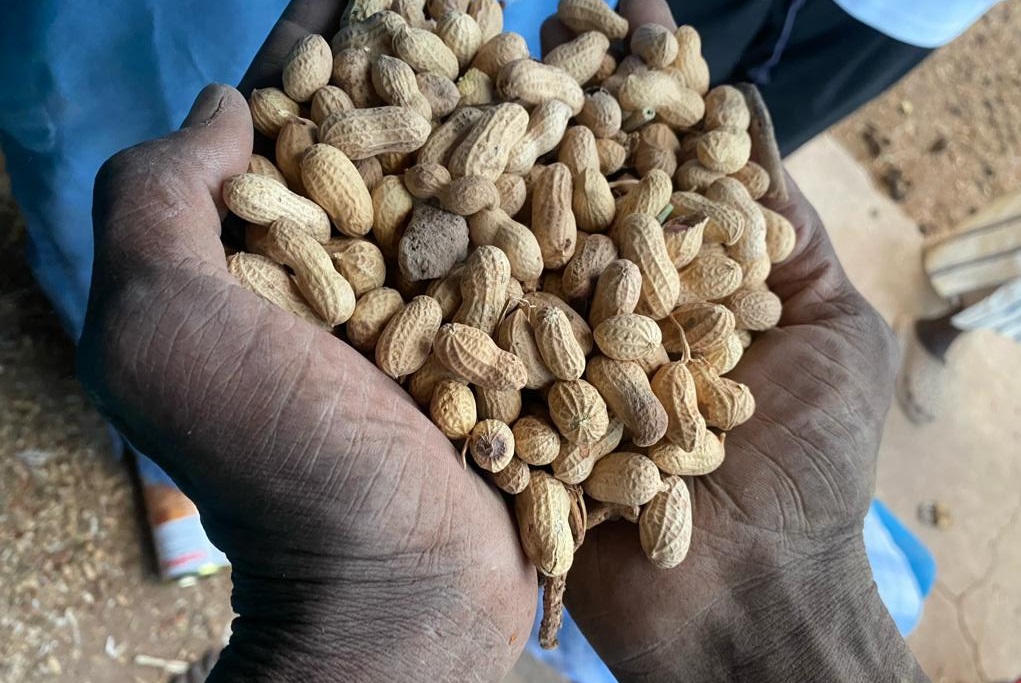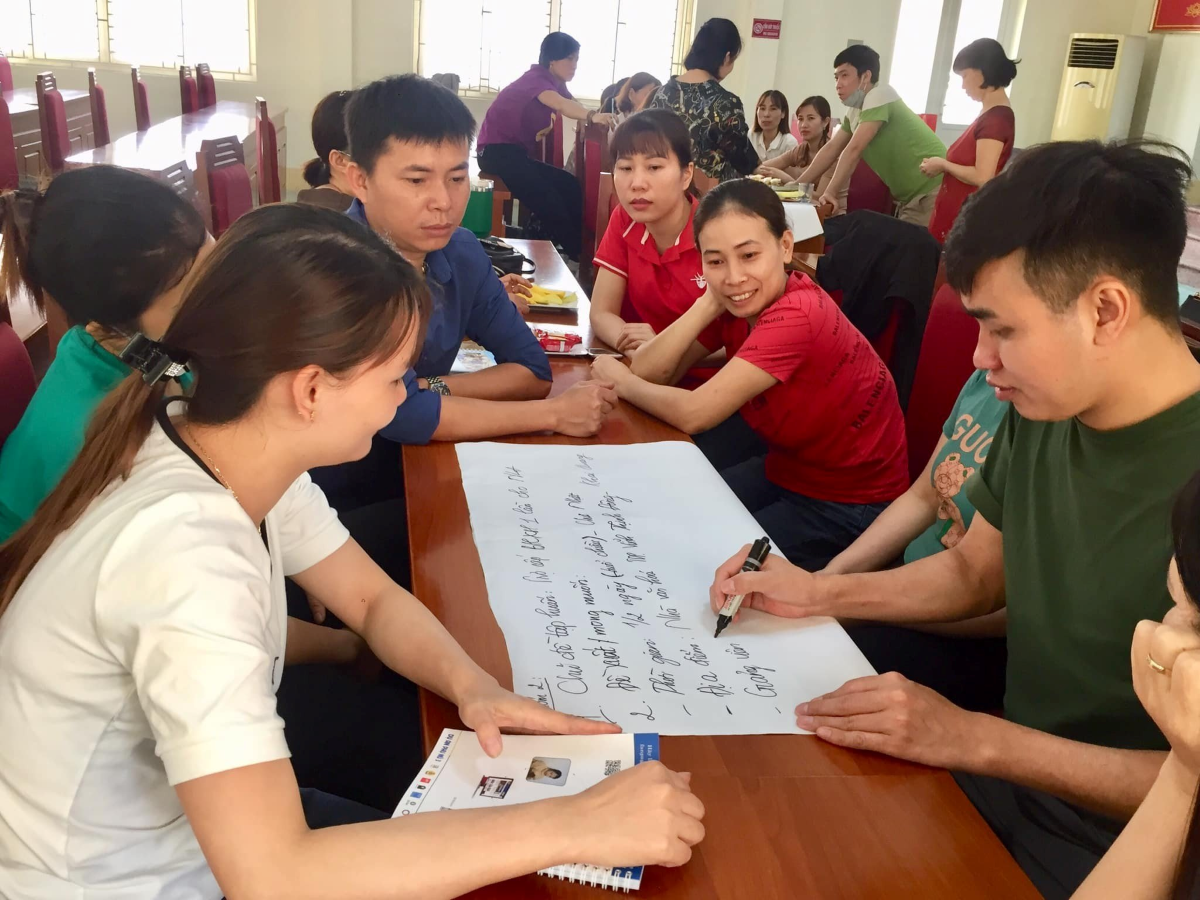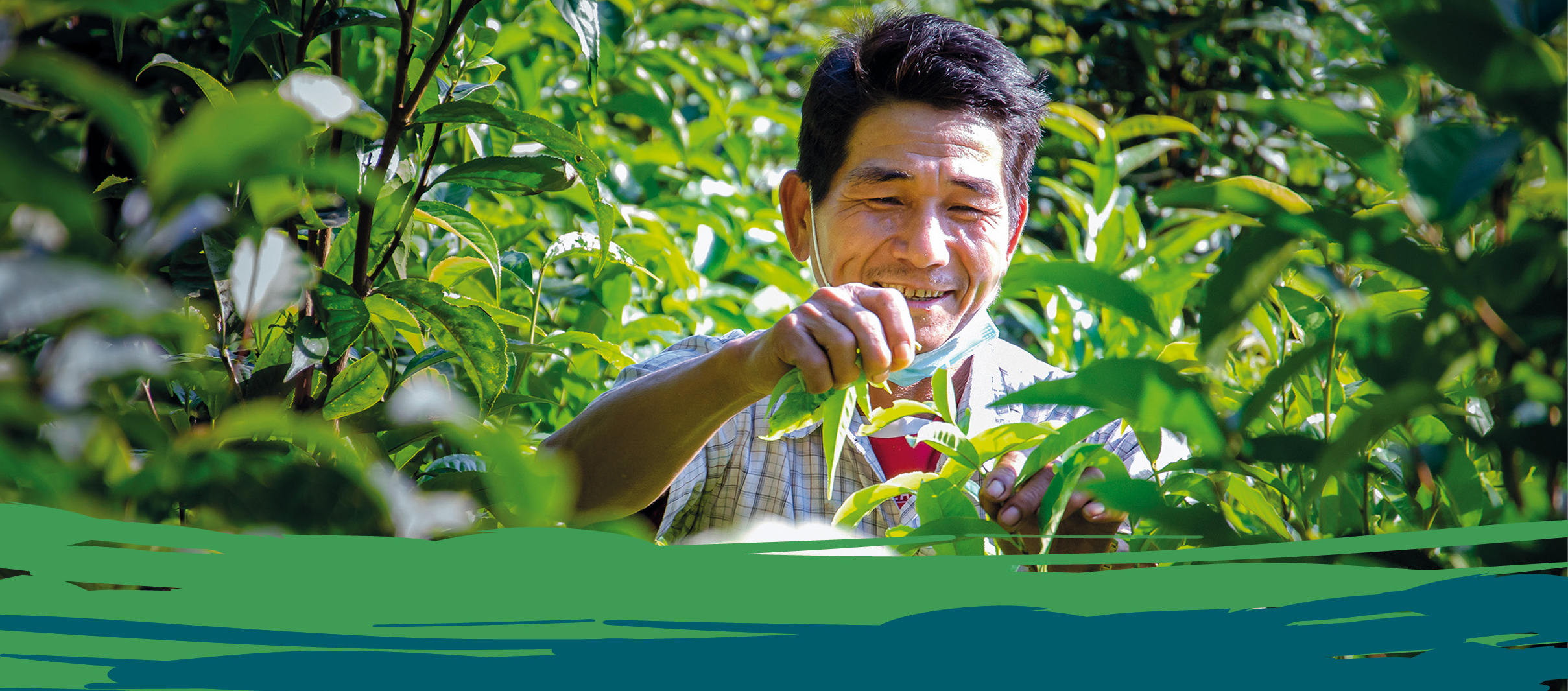In Senegal, where 55 % of the population is under 20, an apprenticeship in a workshop is the most widespread channel of training and professional qualification for young people. Despite the large scale of requirements to be met, the formal training offer for those with little or no education is still very poor in Senegal. This is especially true in rural areas where agricultural and agriculture-related professions offer strong potential for territorial revitalisation via the creation of jobs and added value.
Initiated by NGOs GRET and Enda Graf Sahel in 2014, the Adeter (Apprenticeships for the development of rural territories) project aims to make optimum use of the rural economy’s potential so that it can contribute sustainably to strengthening young people’s and women’s qualifications, food safety and employment. Adeter has a budget of 730,000 € over three years, and was funded by Agence française de Développement (AFD), the Find endowment fund and SAED (National company for the operation of land in the Senegal delta and the Senegal and Falémé Rivers).
Dual apprenticeships, an innovative approach
Adeter aims to contribute sustainably to strengthening of young people’s and women’s qualifications via concerted development of vocational training taking place mainly in businesses in the territories around Saint-Louis. The action focuses on two strategic areas. On the one hand, the development and implementation of an innovative training offer: for young people, dual training in a company (80 % of the time) and the training centre (20 % of the time) in agriculture-related fields where there are employment opportunities; a Vocational training and advice service for women’s groups processing agrifood products. The project also aims to facilitate multi-stakeholder consultation and involvement at central and decentralised levels.
Apart from apprenticeship training for 94 young people in artisan workshops specialising in agriculture-related professions and strengthening the 55 master artisans hosting the apprentices, support and advice to 20 Economic interest groups (EIGs) representing approximately 400 women and supported by seven SAED advisors whose skills were strengthened, Adeter made it possible to test three major technical innovations in terms of dual apprenticeship training:
- customised training programmes, drawn up based on individual skills assessments;
- synergy of artisans’ and trainers’ approaches, strengthened by design and joint delivery of certain training modules;
- design and testing of curricula prior to their administrative validation by the ministry in charge of Training via apprenticeships (MFPAA), contrary to the usual practice of validation prior to training and subsequent revision.
But Adeter’s main innovation resides in the way the project is being implemented, in close concertation with all the stakeholders involved, which led to strong ownership of the project actions by local stakeholders and recognition of the project by institutions, especially the MFPAA. In light of this, LuxDev, as part of the Acefop programme funded by the European Union, invited GRET and Enda Graf Sahel to adapt and renew their approach in the south of the country.
Reiterating the experience in the south of Senegal
GRET and its partner are working with NGO Fodde, which has been supporting rural entrepreneurship in the area for a number of years, to propose a project on Employment qualifications for young people in the south of Senegal in the Kolda and Sédhiou regions (Qualemploi).
Qualemploi aims to sustainably allow young Senegalese people to access vocational training optimising on potential and meeting the needs of micro and small agriculture-related enterprises, facilitating access for young people to decent employment or sustainable income-generating activities, by becoming a priority in national and local vocational training policies.
Launched on 1st June 2017, Qualemploi is aiming for three main results:
- 600 disadvantaged young people are qualified via dual certified apprenticeship training in professions matching local opportunities, 120 artisans are strengthened in their capacity to host young people and three resource centres are developing dual apprenticeship training courses;
- As part of ACEFOP and under the auspices of the regional apprenticeship committee, local stakeholders are piloting the identification, design and implementation of training courses;
- 1,000 young people are better informed of the development potential of agriculture-related professions providing opportunities locally in terms of added value and employment.
The specificities of this project, especially in terms of the overall action of the Acefop programme it is part of and in terms of the innovation represented by the introduction of dual initial training, are multiple. Firstly, local concertation will yet again play a central role in the action. Individualised monitoring will also be provided to all young trainees, from their selection to one year after the end of their integration process. 10 % of young people trained will be supported to set up and launch their activity. The 120 micro and small partner companies will also receive support for structuring, in particular via registration with the Chamber of trades and crafts and opening of a bank account. Intermediation will also be conducted for young people, host artisans and resource centres so they can access ACEFOP services, in particular for funding of complementary training, support setting up activities, funding training establishment projects and design of training. Lastly, literacy training will be developed and delivered in partnership with the Academy Inspectorate.
As highlighted in the study entitled “Les dispositifs d’appui à l’insertion des jeunes sur le marché du travail en Afrique”* recently co-written by GRET and Agence française de développement (AFD), offering widespread quality employment for young people is currently one of the main challenges for African countries. Via projects such as Adeter and Qualemploi, GRET and its partners are demonstrating that dual apprenticeship training can be a source of numerous opportunities, especially in rural territories.
*Support systems for integration of young people in the labour market in Africa
More information on the Adeter project
Barlet S. and d’Aiglepierre R., with contribution from Méric B. and Ollivier C., Les dispositifs d’appui à l’insertion des jeunes sur le marché du travail en Afrique, Études de l’AFD n° 14, 131 pages >> Download the publication >> Video






